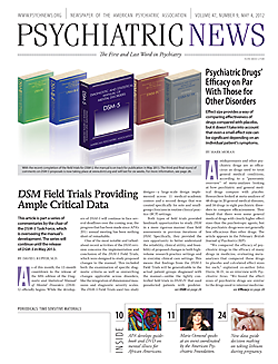Although beta-amyloid plaques are the best-known potential risk factor for Alzheimer’s disease, a protein made by neurons and called histone deacetylase 2 (HDAC2) also seems to be involved in the disease development process.
So reported Li-Huei Tsai, Ph.D., director of the Picower Institute for Learning and Memory at the Massachusetts Institute of Technology, and colleagues February 29 in Nature.
Tsai and her team found that HDAC2 accumulates in the learning and memory regions of the brain early in the course of Alzheimer’s, both in people with the disease and in mouse models of it. They also found that when mouse neurons were exposed to beta-amyloid, the neurons produced more HDAC2. But the most intriguing thing that the scientists discovered was that reducing levels of HDAC2 in mouse models of Alzheimer’s countered memory loss.
Tsai and her colleagues are now trying to identify HDAC2 inhibitors that could be developed into drugs and tried in clinical trials to see whether they might fight memory loss in individuals with Alzheimer’s. “Our lead compound is not HDAC2-selective, but is very potent in enhancing memory and does not show toxicity,” Tsai told Psychiatric News. “We think that it is a good candidate for clinical trials.”
“Intriguingly, our findings may also provide a potential explanation, at least in part, as to why, in some clinical trials, cognitive impairments in Alzheimer’s patients persist despite successful beta-amyloid clearance,” the scientists said. In other words, once HDAC2 builds up in the learning and memory regions of the brain, reducing beta-amyloid alone may not be sufficient to restore cognitive function. They thus foresee that their lead HDAC2 inhibitor–memory booster might serve as a complementary treatment to a drug that could reduce beta-amyloid plaques in the brains of people with Alzheimer’s.
Exactly how HDAC2 interferes with learning and memory is not known. But Tsai and her colleagues did find, in mouse Alzheimer’s models, that HDAC2 appears to reduce the expression of genes important for learning and memory. Moreover, they found that their lead HDAC2 inhibitor–memory booster increased the expression of these genes.
The researchers will now try to identify all the HDAC2 target genes in the brain, attempt to unmask the role of HDAC2 in different types of memory, and investigate whether HDAC2 plays a role in memory impairment caused by neurological disorders other than Alzheimer’s.
The study was funded by the National Institutes of Health.

